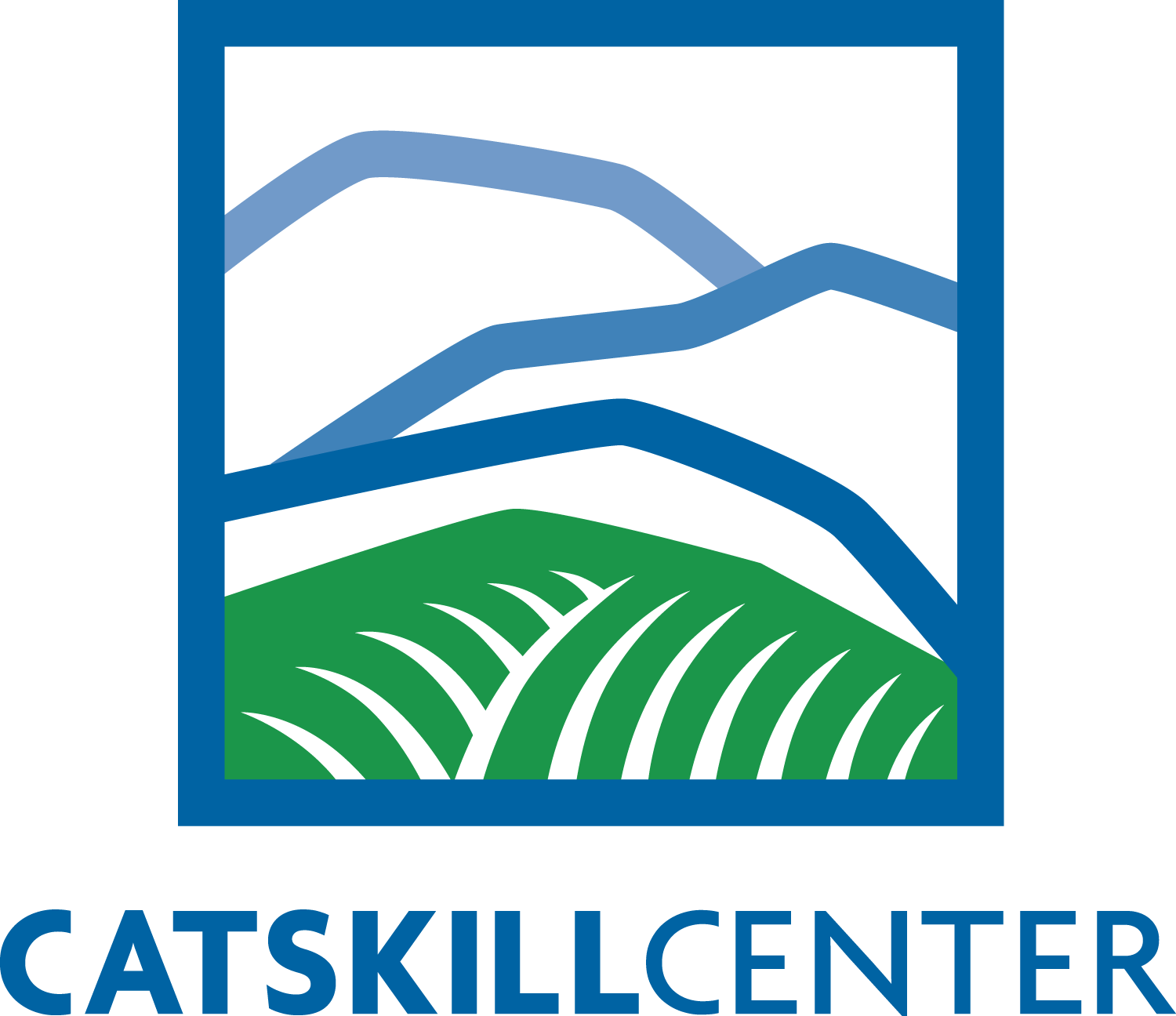Please join us for a talk with Dr. Kurt Fausch, author of the new book, For the Love of Rivers.
For the Love of Rivers, the forthcoming book from renowned ecologist, Dr. Kurt Fausch, that weaves insights from a career immersed in the ecology of rivers with poignant reflections on the deeper significance of these waters to humanity, and their ultimate fate in our future. For the Love of Rivers is a book that will inspire and enlighten anyone with a personal or professional connection to rivers, water, and conservation. www.fortheloveofrivers.com.
Please note, this will be at the MDH Catskill Interpretive Center.
River Scientist Brings Message of Love to the Catskills
Why are rivers important to humans? Why is it in our nature to want to be near them? And what can we do now to insure their future? We'll ponder these questions together with river scientist and author Dr. Kurt Fausch, Professor in the Department of Fish, Wildlife and Conservation Biology at Colorado State University, who will be the keynote presenter at the 3rd Annual Rondout Neversink Anglers Symposium Friday, October 21 at the Blue Hill Lodge's Claryville Event Center at 1:00 p.m. The venue is located at 1471 Denning Road, Claryville.
His book, For the Love of Rivers, draws readers across the reflective surfaces of streams to explore all that is beneath. While celebrating the beauty and mystery of rivers and streams, he uses his experience as a field biologist and rich collaborations with other scientists in the United States and Japan to explain the underlying science connecting these aquatic ecosystems to their streamside forests and the organisms found there - including humans. More information about the book can be found at Kurt’s web-site www.fortheloveofrivers.com.
The book traces a groundbreaking research collaboration between American and Japanese scientists, a story told in the documentary Riverwebs. In 1995, a Japanese scientist named Shigeru Nakano embarked on an experiment that would change the way those who study streams and rivers think about these ecosystems. Nakano used the bold approach of covering a small stream in Hokkaido, northern Japan, with mosquito netting stretched over a greenhouse frame to cut off the insects falling into the stream from the streamside (riparian) forest. It also stopped the flow of adult aquatic insects that were emerging from the stream from entering the forest.
As Dr. Fausch describes in For the Love of Rivers, the results were astounding. Nakano and his colleagues, and later other scientists in other regions, found that about half or more of the animals in the forest that depend on insects emerging from streams, like bats, birds, lizards, and spiders, disappeared when a critical part of their food supply was cut off. Likewise, when forest insects no longer fell into the stream, half the fish left.
Tragically, Nakano drowned in 2000 while conducting field research in Mexico, but his work inspires many other river and stream ecologists to look more closely and delve more deeply into the unintended consequences of our human activities on streams and their riparian forests.
Nearly every action we take in forests and grasslands, such as grazing cattle, cutting trees, mining metals, and spraying chemicals to kill insects or weeds can affect the flow of terrestrial insects that fall into streams and feed the fish. At the same time, nearly every action we take in streams, such as diverting water or straightening streams into ditches to speed flood waters away, can harm the immature invertebrates living on the stream bed and ultimately reduce the total amount of adult insects that emerge from the water surface and feed the animals that live along streams.
Our second speaker at Anglers 3 is Nat Gillespie of US Forest Service, who will talk about large wood and habitat restoration in the Northeast U.S. Nat is a familiar face in the Catskills from work in his early career out of Roscoe, N.Y. in the late 1990s when he led outreach efforts to improve riparian buffers on behalf of Trout Unlimited. The 3rd Annual Anglers Symposium will be recorded by Silver Hollow Audio and released as a podcast after the event. Registration is encouraged by emailing bwagner@rondoutneversink.org to register for this special event.
A second public event with Dr. Fausch is scheduled for Saturday, October 22 when the Riverwebs documentary (45 min.) will be screened at the Catskill Interpretive Center, 5096 Route 28 in Mt. Tremper, N.Y. at 1:00 p.m. followed by a book signing by Dr. Fausch. For more information, contact mdrillinger@catskillcenter.org.
There is no cost for these events, which are sponsored by Rondout Neversink Stream Program, a project of Sullivan County Soil & Water Conservation District funded by NYC DEP; and The Catskill Center for Conservation & Development.
